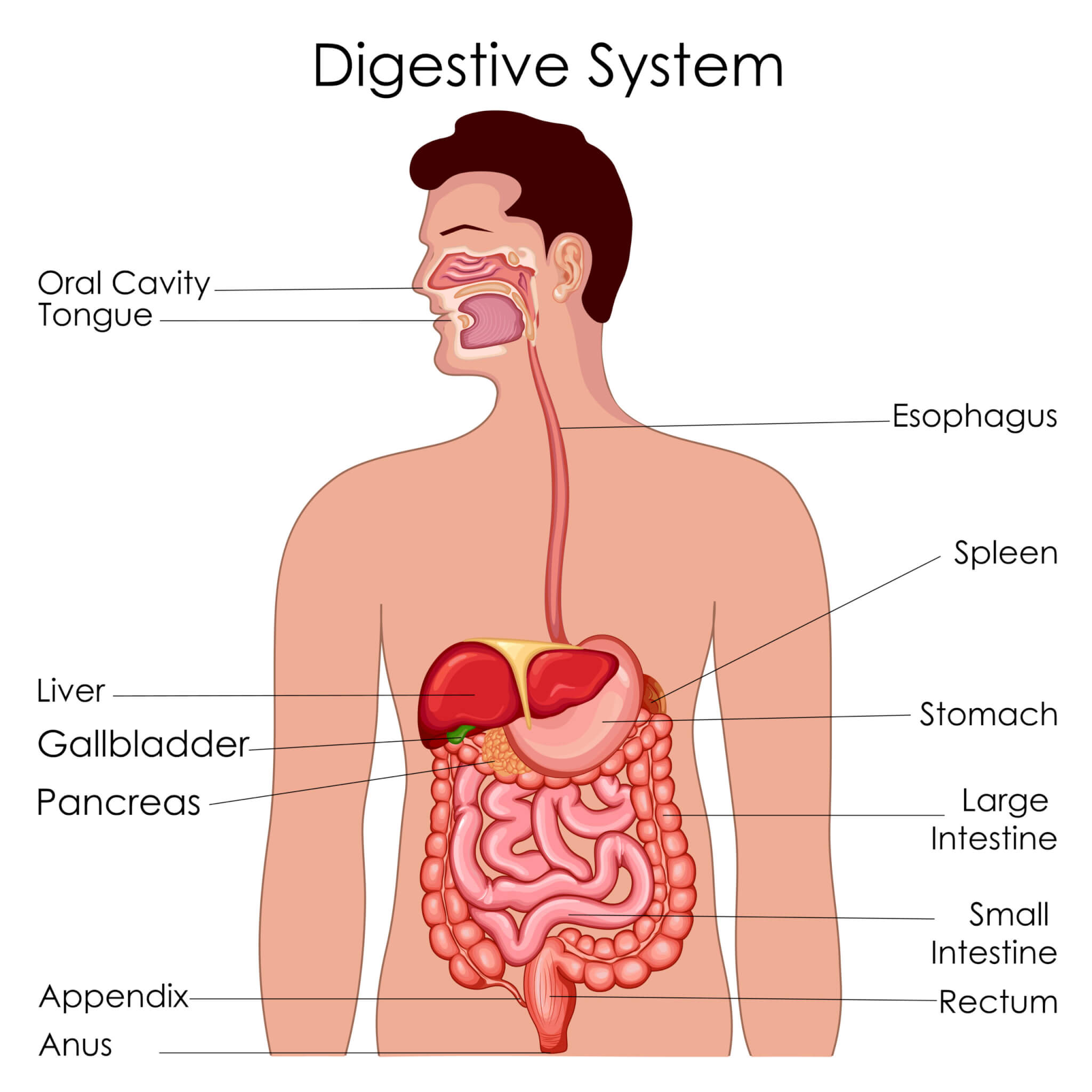Why do some farts smell and some don’t, and some feel hot? – Kian, age 6, from Maleny in Queensland, Australia
Hi Kian, thanks for your interesting questions! Let’s start with the smell. Whether or not farts smell depends on what you’ve been eating and whether or not you have an upset tummy.
Having a tummy bug can also change the smell of your poop, especially if you have diarrhea (runny poop). This is because of the smell of undigested food and the bugs, too.
Really smelly farts
When you digest food your intestines produce gas as part of the normal process of breaking food down. Most gasses produced – like carbon dioxide, nitrogen, hydrogen and methane – don’t smell at all. That is why you can fart sometimes and nobody really notices.
But there is one gas found in some farts that is really really smelly. It’s called hydrogen sulfide and has the nickname “rotten egg gas” because that is exactly what it smells like.
This is why sometimes you can do a small fart but everyone has to hold their nose. These smelly farts contain more hydrogen sulphide.
Food and farts
If you eat foods that have a lot of sulfur, your gut will produce more hydrogen sulfide. Some vegetables have a lot of sulfur, such as broccoli, Brussels sprouts, cauliflower, cabbage, kale, turnips and Asian greens.
Meat does too. If you eat a really huge piece of meat, your body can have trouble digesting it all at once.

As you digest food, it moves from your stomach into the large intestine or colon. Once the foods with sulfur get there, bugs in your gut break them down and produce the hydrogen sulfide gas.
If a lot of it builds up and gets released in a fart, it will be very, very smelly.
So why do farts sometimes feel hot?
Farts sometimes feel hot because of the temperature difference between inside your body, which is a very warm 37 degrees, and the air temperature outside, which is usually cooler. This means that fart gas feels hot as it moves from your large intestine, leaves through the opening in your bottom called the anus, and touches the cooler skin.
You’re not as likely to notice the temperature if farts comes out really fast because speedy ones don’t have as much contact with your bottom.
There is another reason why farts can feel hot. Sometimes people get a hot or burning feeling in their bottom after they eat really spicy food. This is due to a spicy food chemical called capsaicin.

If you eat food that has chilli or hot spices in it, the capsaicin makes your mouth feel hot. When you eat lots and lots of spicy food, some of the capsaicin travels all the way to your large intestine and gets passed out in your poo.
The capsaicin then gives you a hot feeling in your bottom when you go to the toilet. The reaction is the same as that burning feeling in your mouth after eating spicy food, except it happens at the other end.
Did you know there are fart-proof undies?
Researchers did some experiments to test whether they could catch fart smells by getting people to wear special undies that can absorb hydrogen sulfide gas.
And the experiments worked!
Now a company in Australia sells these undies to help people who have gut problems. Their company says it wants to help people “fart with confidence”.![]()
Article written by Clare Collins, Laureate Professor in Nutrition and Dietetics, University of Newcastle
This article is republished from The Conversation under a Creative Commons license. Read the original article.


FARTASTIC